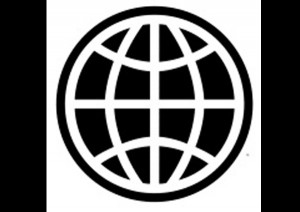“The approval of the Development Policy Lending (DPL) is a clear recognition by the World Bank of the country’s efforts to undertake reforms for achieving growth that benefits a broader segment of the Philippine society,” Finance Secretary Cesar Purisima said in a statement.
Purisima said the country had started to put in place reforms for raising public revenues and better fiscal risk management; reducing the costs of doing business and raising public investment through better Public-Private Partnership (PPP); promoting better public financial management, budget transparency and accountability, and improving access to and quality of basic education and health services especially for the poor.
Key indicators
According to Budget Secretary Florencio B. Abad, among the key outcome indicators that the Philippine government wanted to see with the new financing operations included higher tax revenues, lower public debt ratios and higher sovereign credit ratings, increased total investment ratios, and enhanced transparency in public financial management.
“Most of all, we expect these improved public financial outcomes to result into direct, immediate and substantial support and social protection for the poor and vulnerable; better outcomes in basic education by closing gaps in the supply of students and teachers, and improved access to public health services for the poor through universal health care,” Abad said.
The World Bank provides DPLs to support good economic management and policy reforms.
DPLs typically support development results through a medium-term program of policy and institutional actions consistent with a country’s economic and sectoral programs. The loan is disbursed in a single tranche to finance the government’s regular expenditures.
